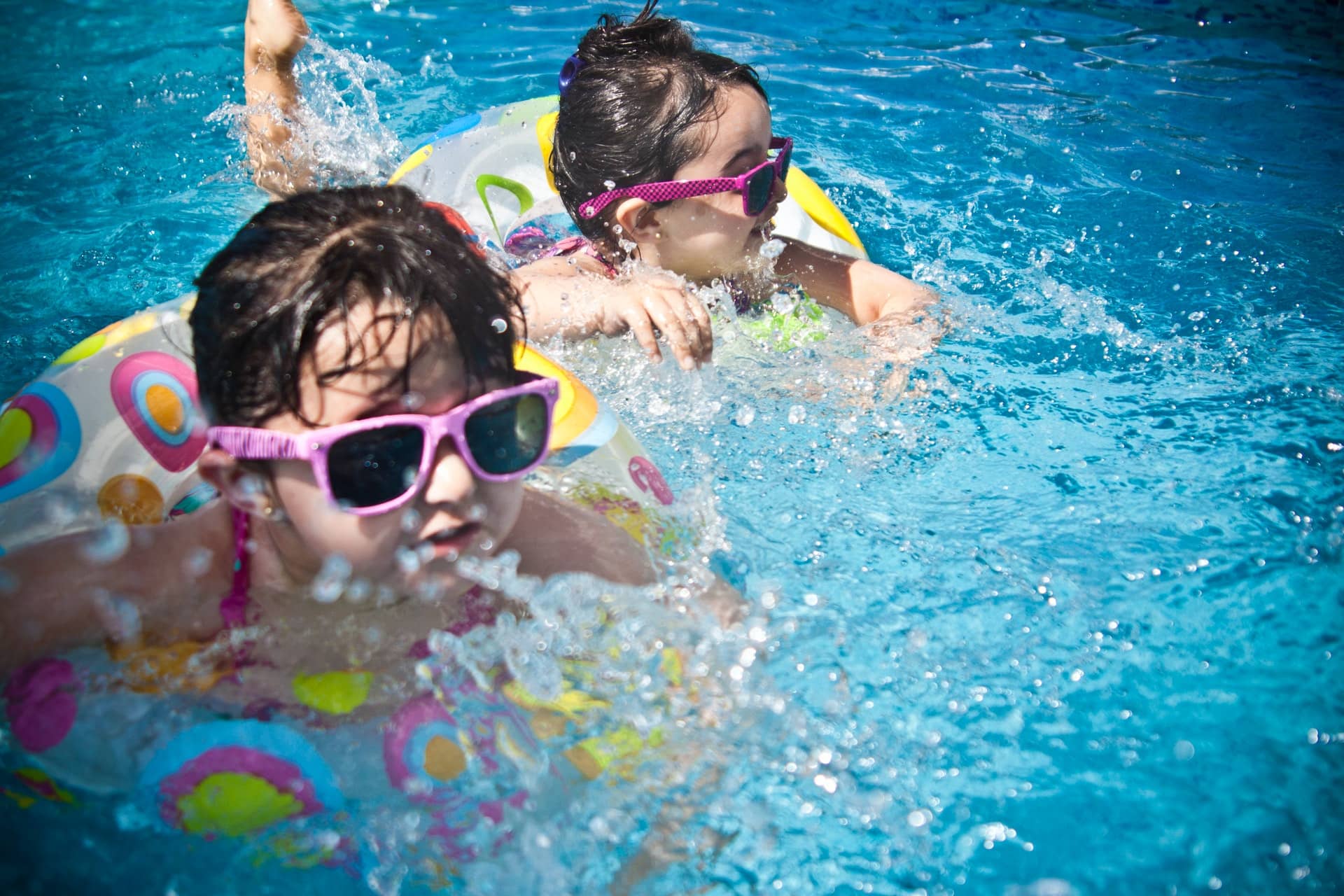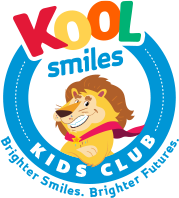
When Do You Start Brushing Your Kid’s Teeth?
Kids are a rambunctious lot. They’re filled with an energy and passion that is hard to match as the years creep up on you and you get older and tired. And one thing kids love more than anything else is candy. Sugary treats send them on rush-filled highs, and it can be hard to say no to a crying child whose day you can brighten with a pastry or dessert.
Unfortunately, this choice’s side effect is that kids’ teeth may start decaying or becoming filled with cavities. You can avoid this with a solid dental hygiene routine, but that begs the question – when do you start brushing kids’ teeth?
When to Start
Perhaps surprisingly, you can start brushing your children’s teeth very early on in their lives. As soon as the first tooth pokes out of your baby’s gums, you can begin cleaning, hopefully setting a healthy precedent that will go on for years to come.
Do not wait for a full set of teeth to come in, as that will unnecessarily leave your kids’ teeth untreated for too long. And it’s best to get them used to teeth brushing early on.
How to Do It
In the beginning, when your baby’s mouth is still mostly gums, try implementing a routine with a wet soft cloth or finger brush to wipe down both their gum tissue and their teeth. Doing this can prevent damage to other teeth as they begin to arrive.
When teeth begin to crop up above the gum line, it’s time to move to a more formal twice a day regimen. Switch over to a child-sized brush with softer bristles and schedule at least one session after their last meal of the day.
When brushing, make sure to move in gentle circles and hit the front, back, and top surfaces of all teeth. Use about a grain of rice worth of toothpaste and encourage your children to spit the toothpaste out when they’re able to.
Fluoride?
Fluoride is the ingredient in toothpaste (and even our water supply) naturally found in our teeth. Using it can be critical for re-mineralizing outer layers of enamel on our teeth, preserving their health in the long-term.
Although excess fluoride is not advisable, the American Dental Association says it’s mostly beneficial for both children and adults. However, ensure you use the recommended minimal amounts so that any ingestion won’t have adverse effects.
If you go overboard, fluoride could cause an upset stomach. Consistent excess over time can even damage the very enamel you’re trying to protect. For young children under three, make sure you use just a small smear (and ensure that they’re spitting it out when possible). Between ages three to six, you can use slightly more, up to a pea-sized amount.
Closing Thoughts
It’s never too early to start brushing your kids’ teeth. Starting early and getting into the habit can set good dental practices for a lifetime.
There’s a lot to consider when it comes to the dental health of your precious children. For expert advice and professional cleaning, reach out to Kool Smiles partner dentists at 888-544-9644.
